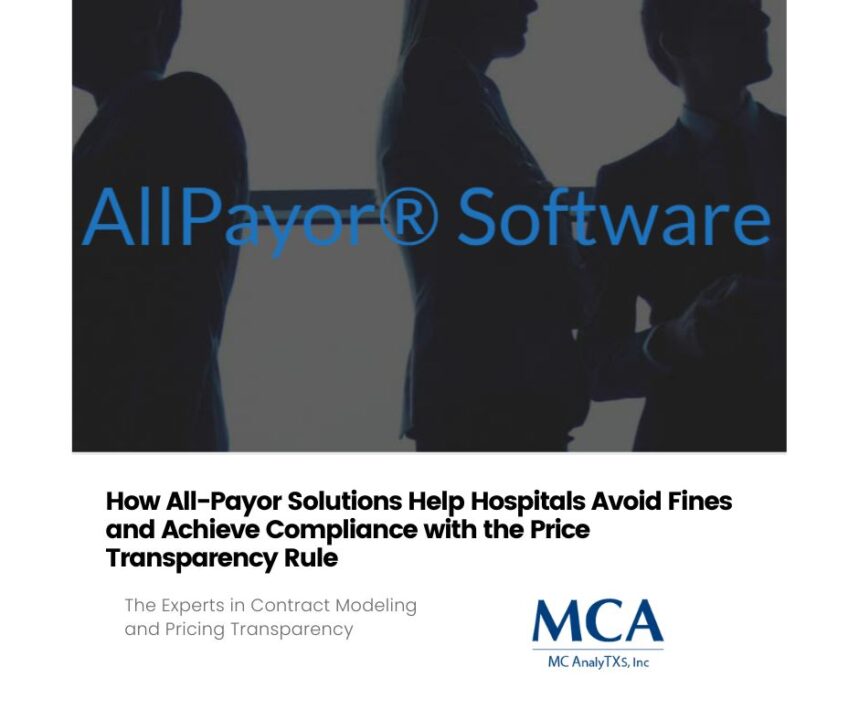
Why More and More Health Systems are Outsourcing RCM Functions in 2024
January 8, 2024
What’s Driving Financial Success in Healthcare?
January 12, 2024Healthcare leaders, do you find yourself struggling to manage the complexities of claims processing?
The healthcare industry faces challenges with emerging policies and regulations, changing payer requirements, and patient engagement. Often overlooked, in-house expertise is a vital resource that healthcare organizations need to manage these complexities effectively.
This article aims to explore the importance of having in-house expertise in complex claims processing and how RCM teams can benefit from enhanced support. Read on to learn more about how RCM teams are navigating challenging situations, protecting your bottom line, and delivering financial stability.
Skilled Labor Force for Profit Optimization –
Your workforce is the backbone of your healthcare organization. It is essential to have experienced personnel to handle your claims professionally. Skilled labor force management is paramount to optimize profits and survive in a competitive space.
Enhanced support from expert RCM teams offers significant benefits to your organization. Professionals with a deep understanding of claim processing, charge capture, and coding guidelines identify claims that need special attention and immediate attention. This provides an opportunity for your team to sort high-risk payment issues, prioritize payment streams, and bring profitability into focus.
Compliance with Regulations and Policies –
Regulations and policies in healthcare continue to evolve, and compliance with the same remains a challenge. Quality RCM teams work proactively to stay updated on changing regulations. This knowledge ensures that all your claims adhere to the latest compliance requirements, eliminating costly errors and improving your bottom line.
Moreover, RCM teams are always updated with industry standards, whether it be coding guidelines, conclusion protocols, or billing processes. Thus, enhancing your team’s ability to work efficiently within the wider regulatory environment.
Delivers Quick Resolution of Denied Claims –
The claim denial process is the most time-consuming activity in RCM, leading to delayed payments and revenue loss. RCM teams can stay focused on denied claims processing, interact with payers, and provide quick resolutions to complex issues.
The enhanced support from your RCM team ensures you receive payment for services that have been denied due to simple errors or misunderstood criteria. Your team can leverage expert support from highly skilled professionals to resolve issues quickly and efficiently, increasing speed to revenue and eliminating lost revenue.
Aligned Incentives to Improve Patient Outcomes –
In the right hands, the right tools, and the right mindset, incentives can align with goals and drive significant improvements. Quality RCM teams focus on driving patient engagement strategies, leveraging data analytics to monitor and identify the needs of patients. This motivates patients to take responsibility for managing their health, thus reducing readmissions and improving overall patient outcomes.
Proactive and Responsive Customer Service –
Having a solid customer service program is the backbone of a healthy relationship between patients, providers, and payers. This can be challenging, as healthcare delivery is complex, and players have multiple interactions.
Enhanced support from RCM teams provides proactive approaches to customer service, devising ways to engage patients and payers and to
Conclusion:
In-house expertise is the cornerstone of success in Healthcare and RCM. The fast-paced and dynamic environment demands a labor force that adapts quickly to change, executes with precision, and offers expertise in complex claims processing. Thus, partnering with RCM teams that offer enhanced support ensures that you can navigate regulatory changes, drive improved revenue cycles, and secure a positive return on investment.
To learn more join our upcoming webinar Thursday, January 18th at 1 pm CST.





